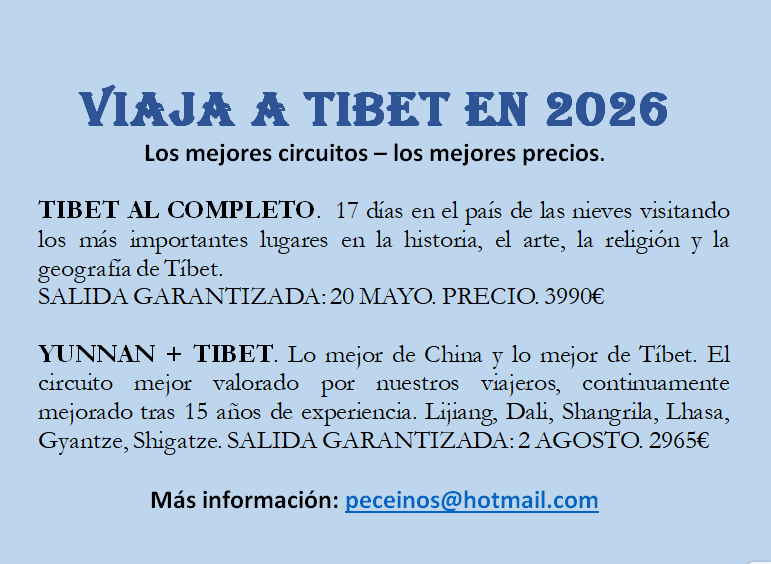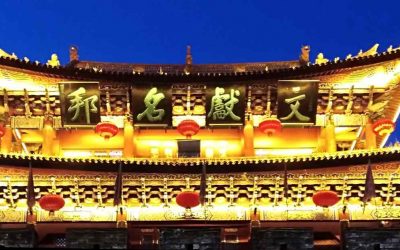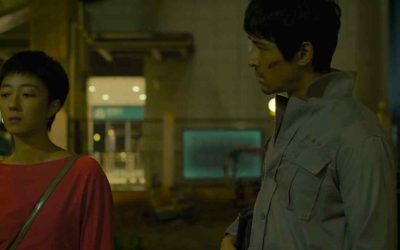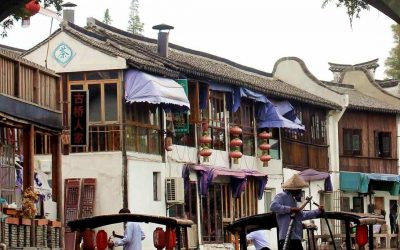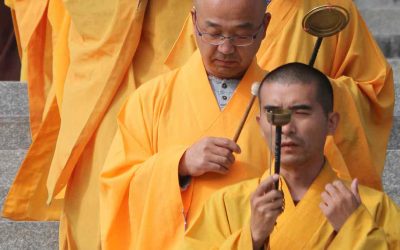Peter Harvey. Buddhism: Teachings, History and Practices. Cambridge University Press. 2013.
(Excerpts from the book. Page 11 and ff.)
In its origin, Buddhism was a Samana-movement. Samanas were wandering ‘renunciant’ thinkers who were somewhat akin to the early Greek philosophers and mystics. The Samanas rejected the Vedic tradition and wandered free of family ties, living by alms, in order to think, debate and investigate. The main Samana groups of Buddha’s time were:
JAINS
Jainism was founded, or at least led in the Buddha’s day, by Vardhamāna the Mahāvīra, or ‘Great Hero’. It teaches that all things, even stones, are alive, each containing a Jīva, or ‘Life-principle’. These are seen as individually distinct, rather like the Western idea of a ‘soul’ but unlike the universal Ātman of the Upanisads, and to be naturally bright, omniscient and blissful. The aim of Jainism is to liberate one’s Jīva from the round of rebirths by freeing it from being weighed down by an encrustation of karma, seen as a kind of subtle matter. The methods of doing so are primarily austerities such as fasting, going unwashed and pulling out the hair, so as to wear out the results of previous karma, and self-restraint, total non-violence to any form of life, and vegetarianism, so as to avoid the generation of new karma. The free-will of the Jīva is emphasized, though even actions such as unintentionally killing an insect are held to generate karma.
AJIVIKAS
Their founder was Makkhali Gosāla (Skt Maskarin Gośāla). Gosāla’s key doctrine was that niyati, or impersonal ‘destiny’, governed all, such that humans had no ability to affect their future lives by their karma: actions were not freely done, but were determined by niyati. Gosāla thus believed in rebirth, but not in the principle of karma as that which regulates the level of a person’s rebirth. The ‘Life-principles’ of living beings are driven by niyati alone through a fixed progression of types of rebirths, from a low form of animal to an advanced human who becomes an Ājīvika ascetic. The Ājīvikas practised rigorous asceticism such as fasting, nakedness and perhaps also disfiguring initiations, and aimed to die by self-starvation (as Vardhamāna in fact did), as a fitting way to end their last rebirth.
MATERIALISTS
The Materialists’ aim was to lead an abstemious, balanced life which enjoyed simple pleasures and the satisfaction of human relationships. They denied any kind of self other than one which could be directly perceived, and held that this was annihilated at death. They therefore denied the idea of rebirth, and also those of karma and niyati. Each act was seen as a spontaneous event without karmic effects, and spiritual progression was not seen as possible.
SKEPTICS
The Skeptics responded to the welter of conflicting theories on religious and philosophical issues, and the consequent arguments, by avoiding commitment to any point of view, so as to preserve peace of mind. They held that knowledge on such matters was impossible, and would not even commit themselves to saying that other people’s views were wrong. The Buddha saw this evasive stance as ‘eelwriggling’, though he shared the wish to step aside from the ‘jungle’ of conflicting views, and avoid dogmatic assertions built on flimsy grounds.
More posts on Chinese culture
El mundo de las cortesanas de Shanghai
El mundo de las cortesanas de Shanghai Las chicas cantantes de Shanghai. Una novela de Han Bangqing. La acción de esta novela discurre, como indica su título, en el mundo de las chicas cantantes de Shanghai, del que a la vez es una descripción. Las chicas cantantes...
El Top 10 de Yunnan- Lo que no te puedes perder.
El Top 10 de Yunnan- Lo que no te puedes perder. Lago Lugu. Paisaje. El Lago Lugu es el más bello lago de Yunnan. Situado a 3.000 m. de altitud, sus aguas siempre azules proporcionan paisajes increíblemente bellos. En las cercanías del lago viven tres minorías muy...
Viajar a la provincia de Yunnan – conocer un nuevo Shangrila
Viajar a la provincia de Yunnan - conocer un nuevo Shangrilá Yunnan es la provincia más interesante de China y la más recomendable para los que busquen viajar a lugares exóticos o planeen realizar un segundo viaje a China. Su situación, en el extremo sur-occidental...
Diao Yinan-El lago del ganso salvaje
Diao Yinan-El lago del ganso salvaje En Breve: Una película para ver y disfrutar. Un argumento original, muy bien llevado, que mueve a los protagonistas por ambientes urbanos degradados, en los que la maestría del equipo artístico consigue dotar de una ingenua...
El Gran Canal de China
El Gran Canal de China El Gran Canal fue construido por vez primera durante la dinastía Sui (581-618). Su diseño original semejaba una ye “Y” cuya pata señalará al oeste, pues comunicaba por una parte las ricas tierras del delta del río Yangtzé con la capital Luoyang,...
Las religiones de China
Las religiones de China Cada pueblo tiene la religión que hereda de los antepasados. Este aforismo ampliamente difundido es en China más cierto que en otros países. Los estudiosos dicen que la primitiva religión de los chinos, como de los pueblos que vivían cerca de...
More posts on China ethnic groups
El mundo de las cortesanas de Shanghai
El mundo de las cortesanas de Shanghai Las chicas cantantes de Shanghai. Una novela de Han Bangqing. La acción de esta novela discurre, como indica su título, en el mundo de las chicas cantantes de Shanghai, del que a la vez es una descripción. Las chicas cantantes...
El Top 10 de Yunnan- Lo que no te puedes perder.
El Top 10 de Yunnan- Lo que no te puedes perder. Lago Lugu. Paisaje. El Lago Lugu es el más bello lago de Yunnan. Situado a 3.000 m. de altitud, sus aguas siempre azules proporcionan paisajes increíblemente bellos. En las cercanías del lago viven tres minorías muy...
Viajar a la provincia de Yunnan – conocer un nuevo Shangrila
Viajar a la provincia de Yunnan - conocer un nuevo Shangrilá Yunnan es la provincia más interesante de China y la más recomendable para los que busquen viajar a lugares exóticos o planeen realizar un segundo viaje a China. Su situación, en el extremo sur-occidental...
Diao Yinan-El lago del ganso salvaje
Diao Yinan-El lago del ganso salvaje En Breve: Una película para ver y disfrutar. Un argumento original, muy bien llevado, que mueve a los protagonistas por ambientes urbanos degradados, en los que la maestría del equipo artístico consigue dotar de una ingenua...
El Gran Canal de China
El Gran Canal de China El Gran Canal fue construido por vez primera durante la dinastía Sui (581-618). Su diseño original semejaba una ye “Y” cuya pata señalará al oeste, pues comunicaba por una parte las ricas tierras del delta del río Yangtzé con la capital Luoyang,...
Las religiones de China
Las religiones de China Cada pueblo tiene la religión que hereda de los antepasados. Este aforismo ampliamente difundido es en China más cierto que en otros países. Los estudiosos dicen que la primitiva religión de los chinos, como de los pueblos que vivían cerca de...

